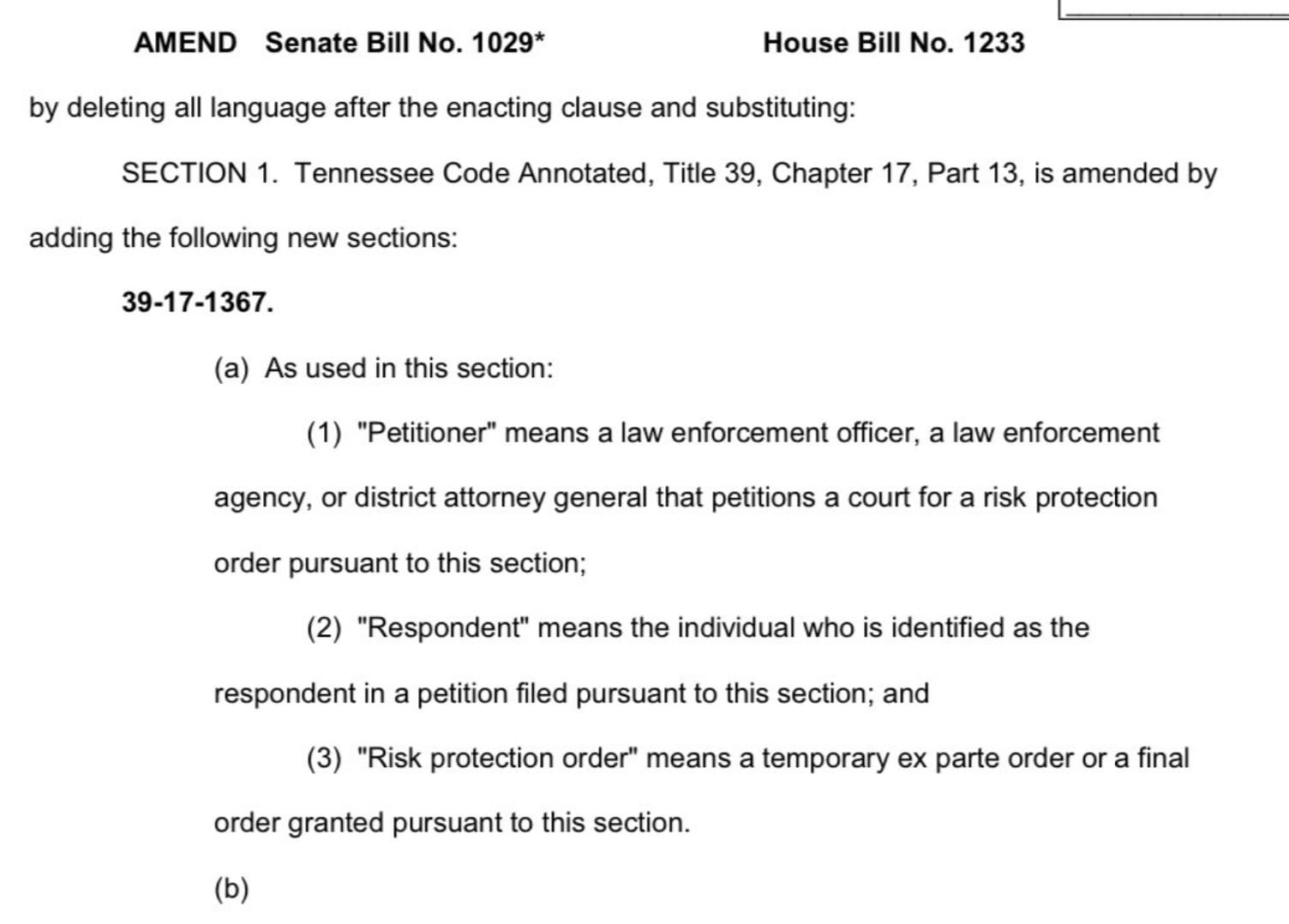Following the Covenant School tragedies, Governor Bill Lee, a self-proclaimed Republican, has urged the passage of a Red Flag styled law in Tennessee. Similarly, Lieutenant Governor Randy McNally and several other legislators who identify as Republicans have shown support for such a law. Following the Republican-dominated Legislature’s adjournment without passing Governor Lee’s Red Flag law, he utilized his constitutional powers to reconvene the Legislature for a Red Flag Special Session set to commence on August 21, 2023. This move has received applause from a majority of the Democrats and some Republicans.
However, a faction of the Republican Party vows to stand against any Red Flag laws in Tennessee, at least without their backing. Nevertheless, Governor Lee may still seek the Democrats’ support for his gun control agenda, as several Republicans are open to it. This situation has put some Republicans, who are ardent supporters of the Second Amendment and often boast about their conservatism, in a constitutional quandary.
The Constitution of the state of Tennessee requires all legislators to take an oath to protect and support both the state’s and the United States’ Constitution, ahead of all other considerations. This includes the promises made to campaign donors, or any other state laws and rules of the House or Senate. The Constitution explicitly mandates that these individuals should avoid actions that tend to undermine citizens’ rights, clearly implying the Second Amendment rights.
This stipulation is crucial to the Red Flag special session called by Governor Lee. While Governor Lee holds executive power, he cannot pass laws, implying that a legislator would need to propose any law he suggests. Typically, this responsibility lies with the caucus leaders of the governor’s party in the legislature, currently Representative William Lamberth and Senator Jack Johnson.
The predicament here is that in order to propose Governor Lee’s Red Flag law, these legislators must believe that the proposed law doesn’t conflict with the Second Amendment or Article I, Section 26 of the Tennessee Constitution. They need to demonstrate that the proposed legislation wouldn’t undermine citizens’ rights as per the state’s Constitution.
A legislator may claim that they’re obligated to file Governor Lee’s Red Flag legislation despite their personal beliefs against such laws. They may argue that they’re filing the legislation to give Democrats and left-leaning Republicans a chance to pass it. They may even assert that a Red Flag law doesn’t infringe upon the 2nd Amendment or any constitutional provisions, and that it wouldn’t diminish a citizen’s rights.
Regardless, any legislator professing conservative values, allegiance to the constitution, and commitment to the 2nd Amendment, but endorsing the Red Flag laws, should be approached with caution. When the Governor’s special session comes around, it remains to be seen whether the legislators will uphold their oaths and reject the proposal outright. The resolution of this will become evident in August.





